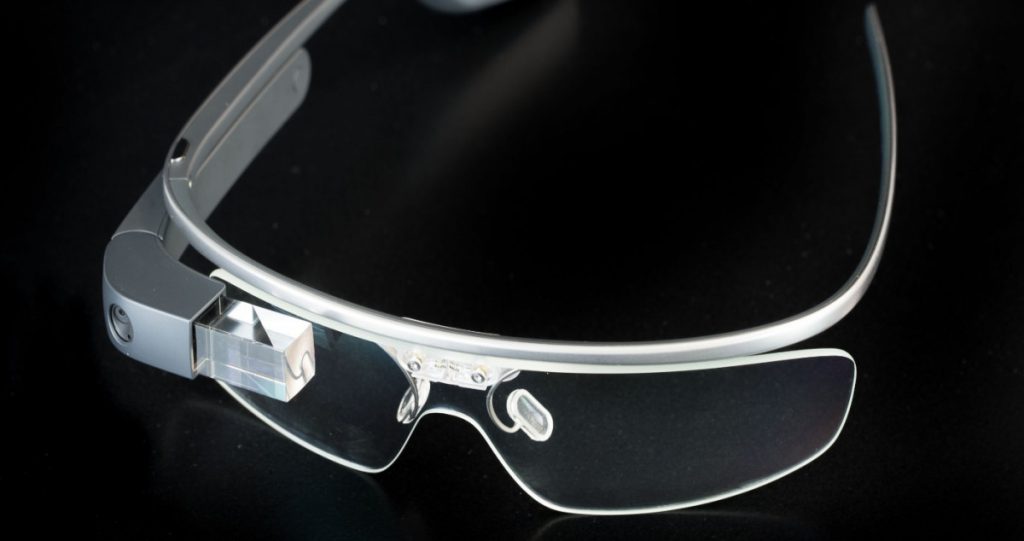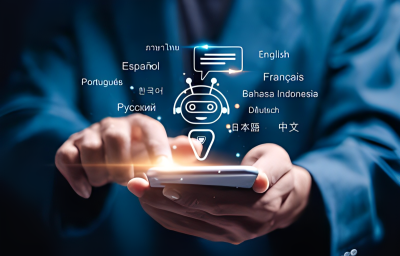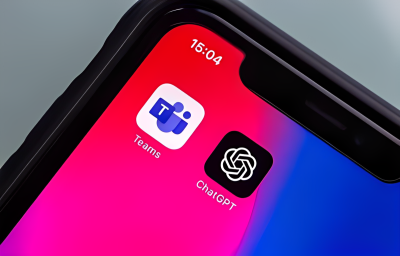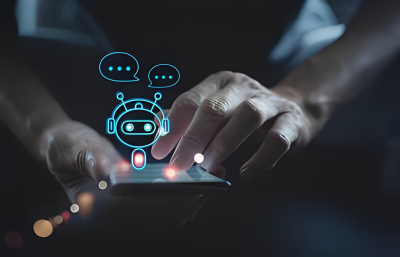Highlights
- Google recently announced that it would start testing camera-equipped augmented reality spectacles in public.
- Apple, Microsoft, and others may also soon enter the fray with their much-anticipated glasses if Google’s test doesn’t result in total disapproval.
Almost all big IT companies are developing computer glasses, but none of them is willing to go first. But the one making the most headlines is Google Glass. When Google Glass was first released in 2011, there was a considerable outcry against the people who chose to wear the Glassholes in public. Google has therefore been patiently waiting, perfecting its prototypes, and occasionally assuring investors that there will not be such situations again – no, they’re not going to let the first potentially iPhone-sized opportunity since the iPhone slip by.
Now, Google itself is taking the next step. Google recently announced that it would start testing camera-equipped Augmented Reality (AR) spectacles in public. The company’s blog post included various assurances that there will be no repetition of the Glassholes incident again. According to the company, the cameras and microphones on Google’s glasses “don’t support photography and videography.” It is starting with “a few dozen” testers. Although they do gather visual data, Google wants users to think of scenarios where they might “translate the menu in front of you” rather than film someone sitting across from you at a bar.
The firm’s support page has an entire list of FAQs such as “What is image data used for?”; “How long is it stored?”; and “How will I know if I’m in close proximity to products being tested?” It turns out that if Google chooses to save photographs for analysis, an LED will light up, and the company will then guarantee to remove the images 30 days later.
Google claims its testers won’t be wearing them in places like schools, hospitals, churches, playgrounds, and the like, even though, for the time being, it makes no mention of places like restaurants and bars, where Glass wearers were infamously in trouble in the past.
Why Google Glass may not fail this time
Apple, Microsoft, and others may also soon enter the fray with their much-anticipated glasses if Google’s test doesn’t result in total disapproval. And there is a big chance that Google Glass will not meet with as much disapproval as it did a decade back as in the last 10 years, people have become much more used to having other people taking pictures and videos in public and documenting everyday aspects of life everywhere.
The use of mobile cameras had skyrocketed since the day in 2012 when a group of Google skydivers landed on Moscone Center carrying the first public Google Glass prototypes. Phone cameras have not only completely replaced point-and-shoot cameras, but they have also altered social standards. In 2012, pulling out a camera in a pub or restaurant was still a little strange; today, it seems strange not to take a selfie with pals or take some pictures of a dish that looks very appetizing. Google also has a solution to unintentionally photographing a stranger. It touts its Pixel phones’ “magic” background person remover as a feature since it frequently happens in real life.
Additionally, mobile cameras aren’t recording when someone remembers to take their phone out of their pocket; they’re flying through the air. It has been quite some time since drones were introduced, and people are now more used to the concept that someone else’s camera could be staring down from above. The consumer drone revolution happened after Google Glass; the DJI Phantom wasn’t introduced until 2013.
Additionally, Google Glass came before the widespread use of 4G LTE, which made immediate video publishing and live streaming widely accessible.
There are many cameras everywhere in public settings, and there isn’t much expectation of privacy outside the home. The widespread use of cameras hasn’t been successfully mounted by society very often. And how would you film it if filming was illegal? It can be challenging to determine whether someone is genuinely taking a recording, checking TikTok, or even just working while on the go. And the past few years have amply proved that videos of incidents can save lives and reputation.














